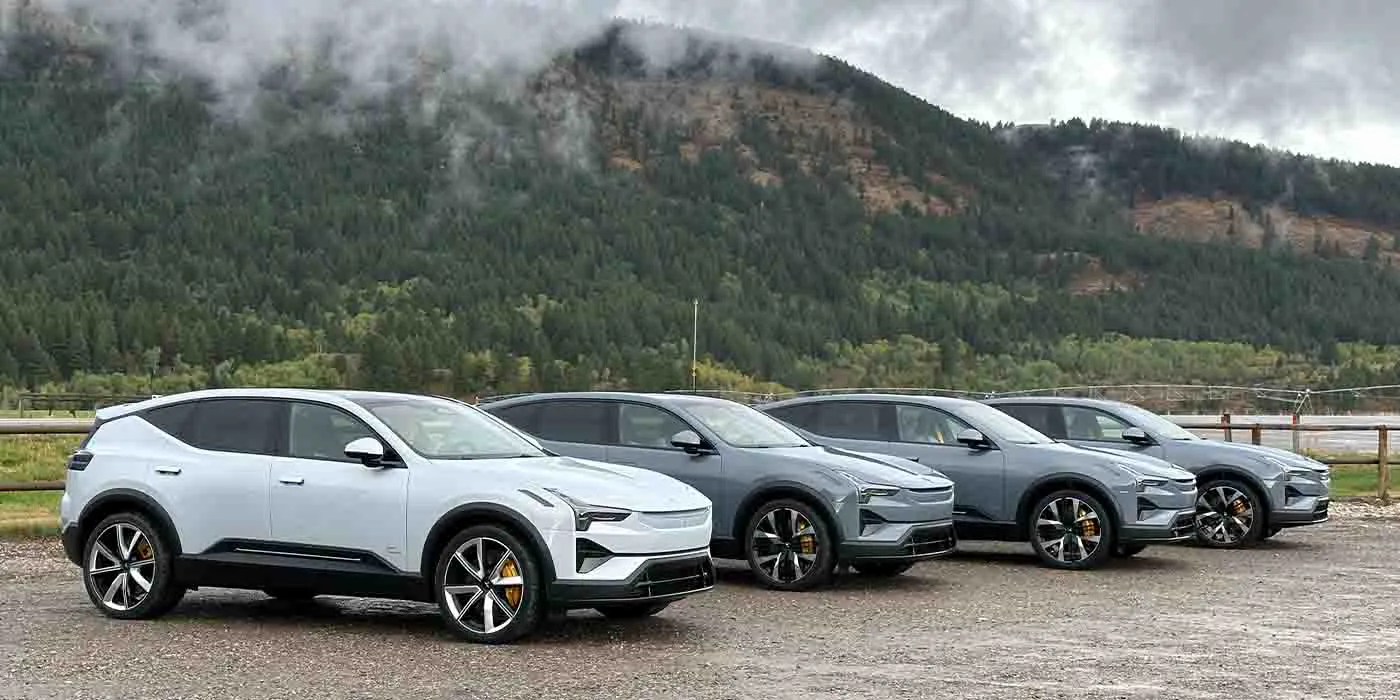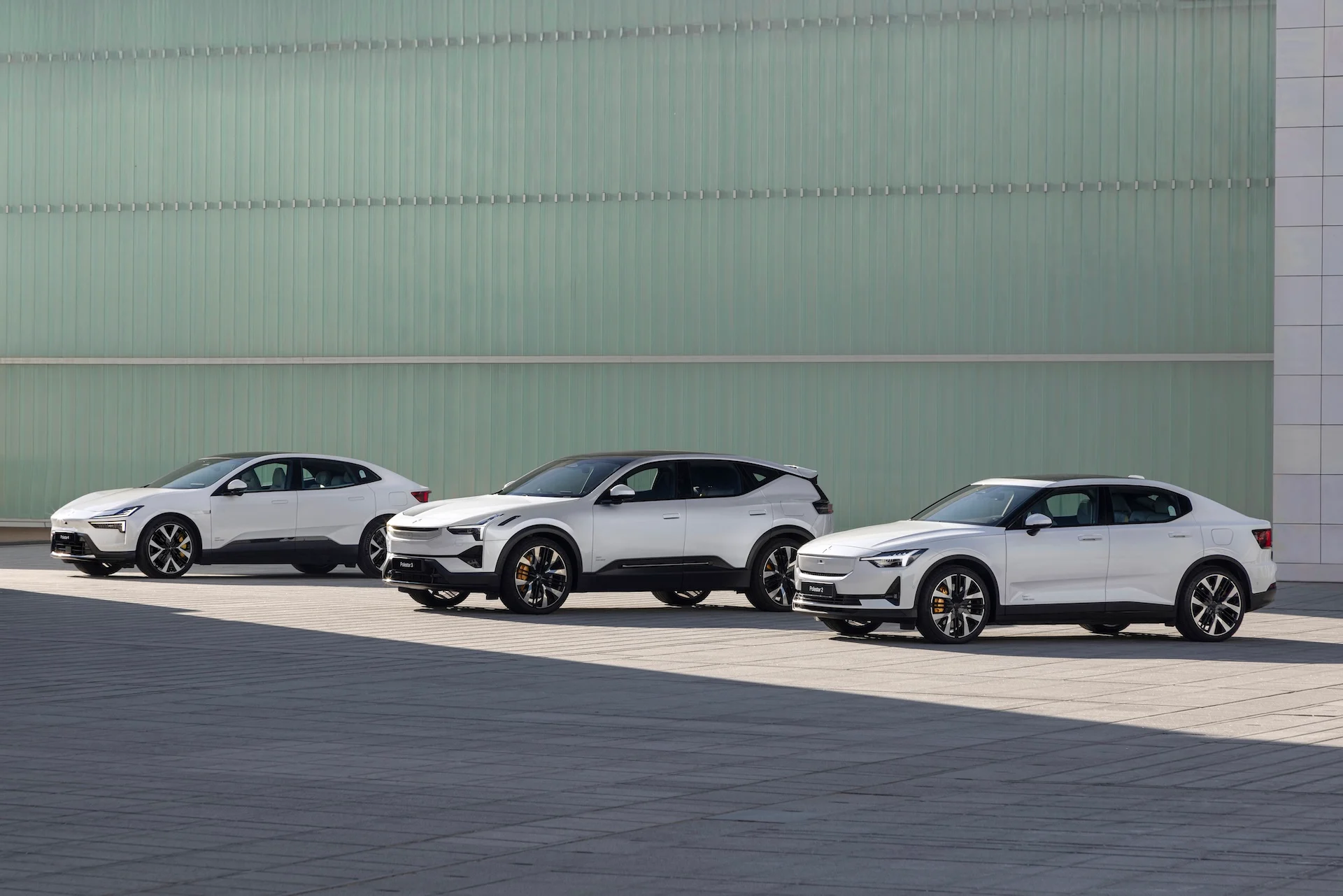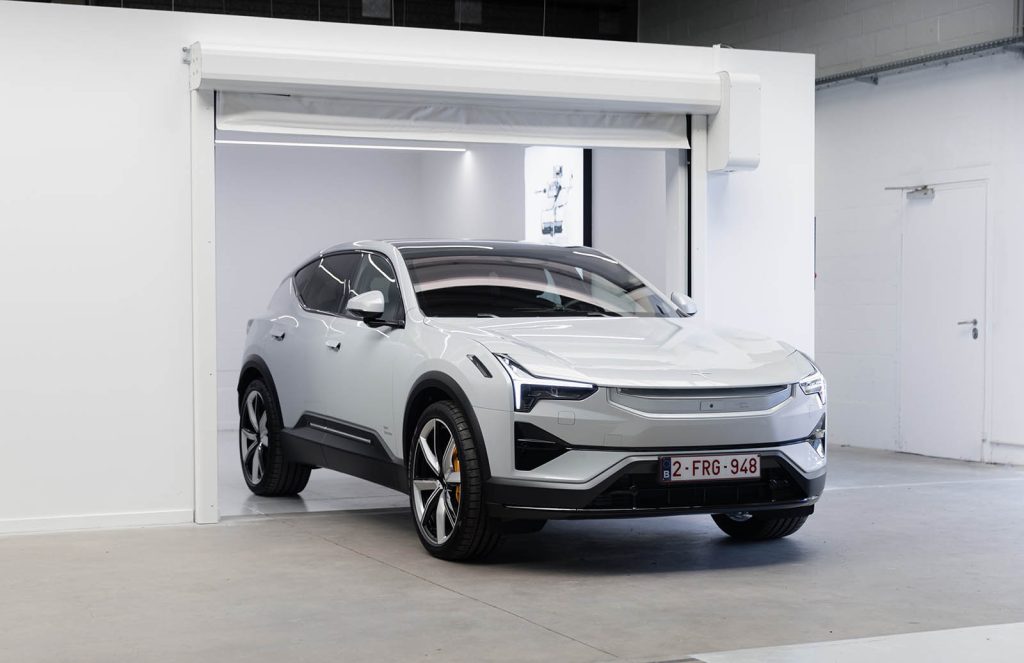Electric vehicle maker Polestar has significantly scaled back its retail operations in China, reducing its physical presence from 36 stores to just 10, according to location data on its purchasing app. The move comes as the brand, jointly owned by Volvo and China’s Geely, looks to redirect its focus toward stronger-performing markets in Europe and North America, Bloomberg reported.
The company has also begun dismantling its joint sales operation in the country, just weeks after dismissing restructuring rumors. Despite the pullback, Polestar CEO Michael Lohscheller said the automaker remains in China, but is making strategic adjustments. “This is not an exit,” Lohscheller said, adding that the brand is now choosing to “prioritize certain markets.”
See also: Polestar Q1 Sales Surge 76% as Incentives Bolster Demand Amid Economic Uncertainty

The decision highlights the growing pressure foreign-branded EV makers face in the Chinese market, where domestic manufacturers such as BYD, Geely, Li Auto, and Xiaomi dominate. In 2024, Polestar sold just 3,120 vehicles in China, out of a total 12.9 million new energy vehicles sold nationally. While Polestar’s vehicles, including the Polestar 2, are made in China, the brand’s operations are predominantly European—placing it at odds with consumer preferences in a highly localized, tech-driven market.
China’s EV sector has become increasingly unforgiving to non-local brands, with rapid innovation and price competition favoring domestic players. Despite its Chinese ownership, Polestar’s minimalist Scandinavian design and premium positioning have struggled to resonate.
See also: Polestar Removes Polestar 2 from U.S. Website Amid Tariff Concerns

Globally, Polestar appears to be recovering from a tough 2024. The company recorded a 76% rise in sales in Q1 2025 and is now looking to consolidate gains in more receptive markets. Lohscheller identified the UK and France as key markets, while Polestar is also ramping up its U.S. presence—aiming to grow its retail network from 35 to nearly 60 locations, in part by leveraging Volvo’s dealership base.
The company will now focus on boosting international sales of the Polestar 3 and Polestar 4, as it seeks to build brand recognition in markets where consumers may be more inclined to choose a Polestar over established competitors like Tesla, Cadillac, or even Volvo.
